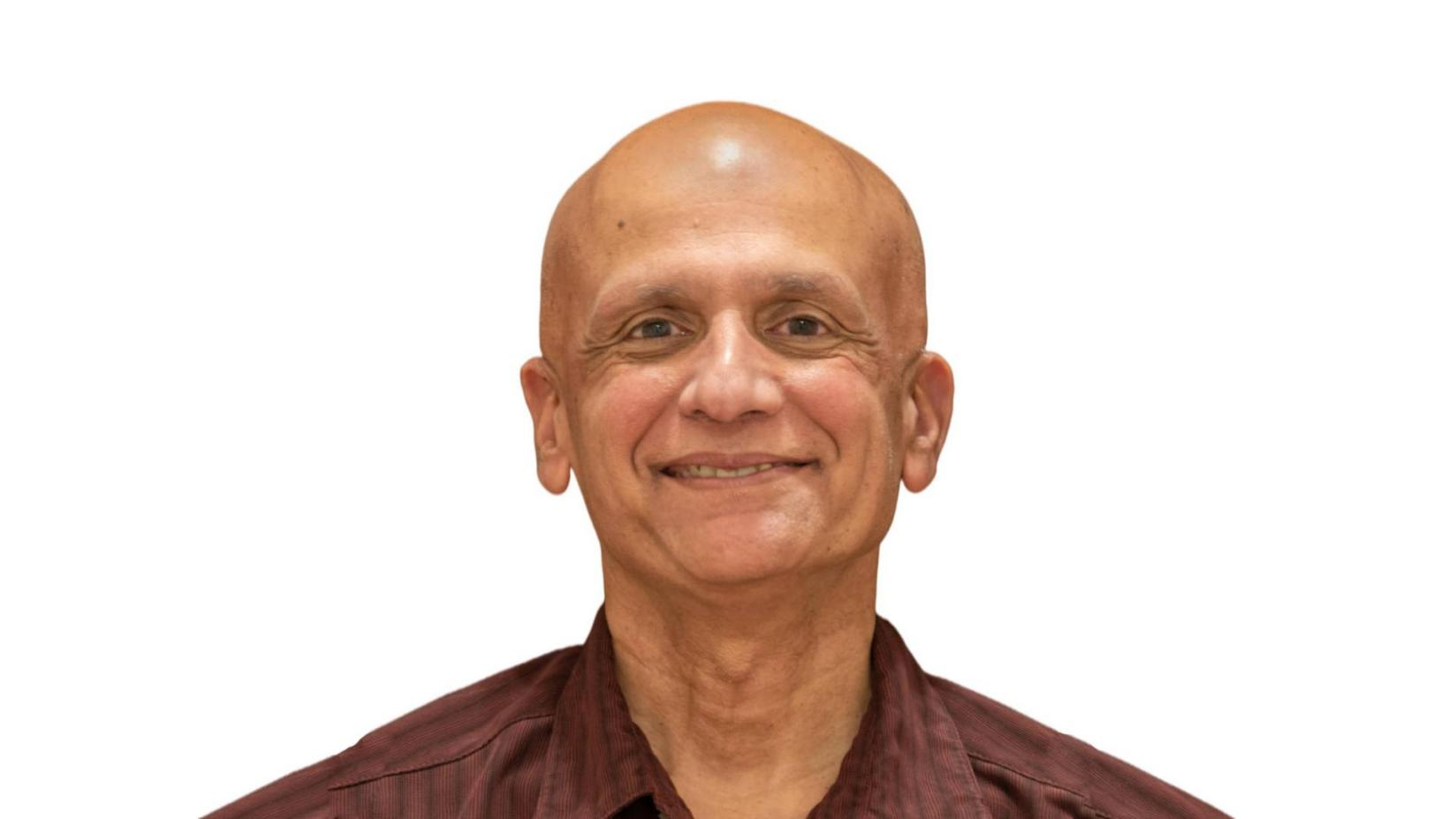Life after EE@IITB

26 December 2021 | Samyak Shah, Janeel Patel, Sheel Shah
A lot is known and talked about how to make the most of the IIT Bombay journey, getting good internships and placements, building a network and gaining soft skills. The Electrical Engineering Department's cell for Alumni and Corporate Relations, recently conducted fireside chats with two of our distinguished alumni, Mr. Sunil Shenoy and Mr. Sharad Sanghi in September and November 2021 respectively. We decided to talk with them to understand the challenges that life after IITB holds. They also throw light upon how they navigated the challenges themselves and give tips on how we can be better prepared for the future.

Mr. Shenoy graduated from IIT Bombay with a BTech in electrical engineering in 1980. Currently, he is the Senior Vice President and General Manager of Intel's Design Engineering Group. He has been at the forefront of microprocessor design in the industry, helping Intel build many generations of laptops and server chips.

Mr. Sanghi graduated from the electrical engineering department, IIT Bombay in 1989. He founded Netmagic in July 1998, which is now a subsidiary of NTT Communications. He is a pioneer in the Indian cloud computing space and has been featured on the "Top 25 Indian Tech business persons who have completed 25 years of service" list by Economic Times.
What was the biggest shock that you experienced after graduating from IIT Bombay? How can one be better prepared to tackle unexpected situations better?
Sunil Shenoy: Well, we went abroad for our graduate studies, and so the shock, if you will, was associated with moving to a different country, culture and environment. As I recall it, some of the significant elements of the difference were the informality between students and faculty and between employees, supervisors, and the management. We grew up in a society where at least then there was a large "power difference". In particular, compared to IIT there was less rigorousness and less emphasis on regular quizzes and exams. The assignments and projects were more open-ended. I am sure that a lot of this has changed over the years at IIT Bombay and India.
Sharad Sanghi: I have been very fortunate to have gone with the flow, and things just worked out. I got admission to Columbia University and met my wife in the first month there. Therefore, I did not experience any shock. I also received a research assistantship for the NSFNet project, which helped in funding my education. Later, I was recruited from college at AT&T Bell Labs and became financially independent. I have been fortunate to not experience any rejection. However, there are many students who often do not know what they want. Many also experience job rejection after college, leading to post-graduation anxiety/ depression. The best way to tackle such situations is to have a goal, believe in yourself and work hard. It is also essential to have a great set of friends and support from the family so that you don’t waver while striving to achieve your goals. Approach things one step at a time.
How did you familiarise yourself with taxation, personal finance etc., important things in daily life but aren’t taught in the IIT B classroom?
Sunil Shenoy: Not for a very long time until you do have the income or wealth to worry about all this! Today, of course, with the Internet, this question is moot because Google can help you find anything you need to know! But in those days, the sources were trusted friends and relatives who maybe did not turn out to be so knowledgeable and trustworthy after all. There were also a lot of scams where agents were offering advice with their own interests in mind.
Sharad Sanghi: In New York, I used the H&R Block. Now, in India, I have outsourced these aspects to experts. I have always ensured that I do not go against the law when I do this on my own. In fact, I still rely on my 85-year-old father to manage my investments and taxes.
How did your experiences and non-academic learnings from IIT Bombay help you in your career and life?
Sunil Shenoy: As I had mentioned before, I was initiated into hiking and trekking at IIT. This has remained a lifelong passion, and I am grateful for this. The other thing was the friendships cultivated at a crucial period in our lives, and many of these have persisted.
Sharad Sanghi: When I received admission to IIT Bombay, it was the first time I stayed away from home. This made me independent and also helped me when I went abroad. I participated in a lot of sports and other team activities, which inculcated the ‘team spirit’ in me. I was also involved in fundraising for Mood Indigo which gave me a lot of confidence to take initiative and organise events.
Could you please illustrate how the IIT Bombay network and peer group help you throughout your career?
Sunil Shenoy: Very much so. As I said, these friendships developed at a critical phase, beyond childhood friendships. Students got to know each other well and choose who they wanted to be with, their strengths and weaknesses. Hostel, sports, faculty experiences create solid and memorable bonds. I have tried to leverage these for fundraising for IIT several times over the years. In professional life, it is quite common to run into IIT alumni who introduce themselves and identify mutually beneficial enterprises. Just last month, I came to know that a key technologist in one of my company's partner companies was a junior who lived in our hostel wing at IIT Bombay and who we would ceaselessly tease and "rag".
Sharad Sanghi: The fact that I graduated from IIT Bombay is enough to validate my credentials even today. My peer group, including Ashish Chauhan (BSE) and Haresh Chawla (TV18), has helped in enhancing my career.
Would you like to give any suggestions to juniors and current students of the institute to be better prepared for life after college?
Sunil Shenoy: It would be very presumptive for me to do this to students over a couple of generations later. I think the key advice would be to learn about your strengths, figure out what motivates you and follow that passion and path. I wish you the best!
Sharad Sanghi: Set a goal, follow your dream, and never give up. Do not be afraid to fail and learn from your mistakes so that you do not make the same mistake twice. Remember that there are no shortcuts to success, and it takes hard work and determination. Always try to look at the positive side of things rather than finding weaknesses and faults.